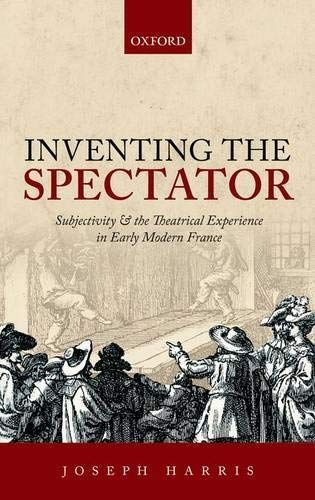
Inventing the Spectator Subjectivity and the Theatrical Experience in Early Modern France
During the seventeenth and eighteenth centuries, France became notorious across Europe for its ambitious attempts to codify and theorise a system of universally valid 'rules' for successful theatre. Inventing the Spectator reads the period's dramatic theory against the grain, exploring not plays or playwrights but rather the spectator: the living, breathing individual in whose mind, senses, and experience the theatre comes to life. Bridging the gap betweenliterary and theatre studies, history of psychology, and intellectual history, Inventing the Spectator reconstructs the theatre spectator's experience as it was understood in France between the Renaissanceand the Revolution. As well as offering in-depth discussions of key dramatic theoreticians (d'Aubignac, Corneille, Dubos, Rousseau, and Diderot), this study raises numerous questions - of imagination and illusion, reason and emotion, pleasure and narrative, vision and hearing, interest and identification - that strike at the very heart of human psychology, cognition, and experience.